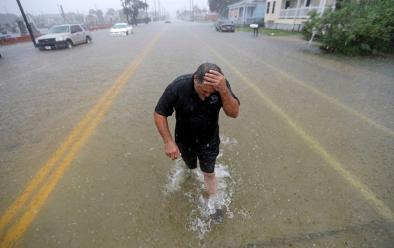A Review of the Atlantic Hurricane Season of 2019

Signals Summary: As climate change causes oceans to warm, surface waters have more energy to convert to hurricane winds, which scientists say is likely increasing the intensity of hurricanes. This trend is strongest in the Atlantic.
Attribution science links climate change to observed weather events, and a recent rapid attribution analysis concluded that the extreme rainfall and flooding caused by Tropical Storm Imelda was made more likely and intense due to global warming.
The [2019 Atlantic Hurricane] season had two ominous harbingers of a warming climate: an ultra-intense hurricane--worthy of a category 6 rating if such a thing existed--and multiple damaging storms that moved very slowly at landfall.
...
According to a near real-time attribution study done by scientists at worldweatherattribution.org, two-day extreme precipitation events along the Gulf Coast as intense as Imelda’s have become 1.6 to 2.6 times more likely (or 9% to 17% more intense) due to human-caused climate change. They concluded: “climate change has clearly led to increased precipitation during extreme events in southeast Texas.” NOAA stated that Imelda brought the fifth 500-year flood that has impacted Southeast Texas over the last 5 years.
Related Content





